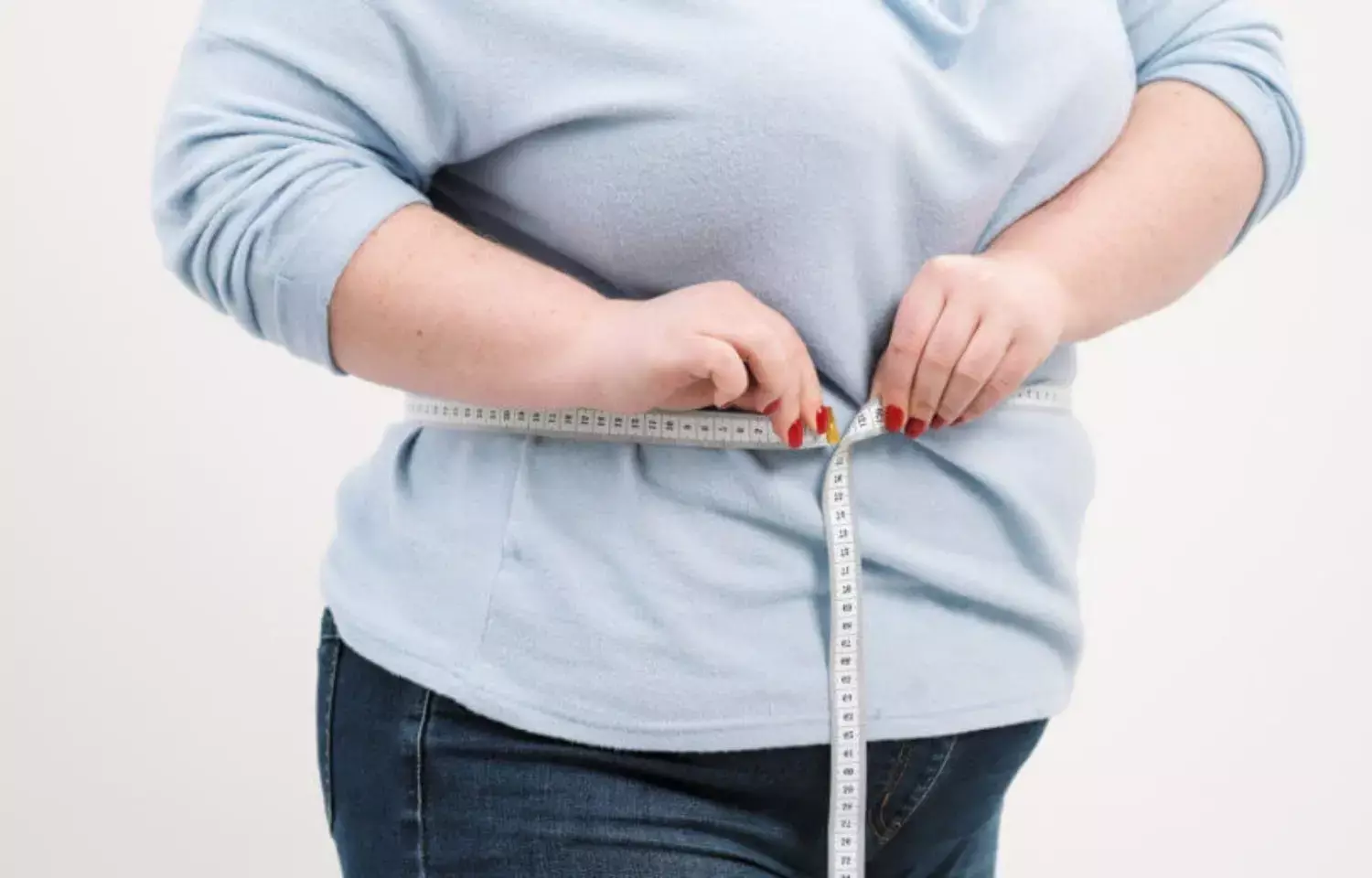- Home
- Medical news & Guidelines
- Anesthesiology
- Cardiology and CTVS
- Critical Care
- Dentistry
- Dermatology
- Diabetes and Endocrinology
- ENT
- Gastroenterology
- Medicine
- Nephrology
- Neurology
- Obstretics-Gynaecology
- Oncology
- Ophthalmology
- Orthopaedics
- Pediatrics-Neonatology
- Psychiatry
- Pulmonology
- Radiology
- Surgery
- Urology
- Laboratory Medicine
- Diet
- Nursing
- Paramedical
- Physiotherapy
- Health news
- Fact Check
- Bone Health Fact Check
- Brain Health Fact Check
- Cancer Related Fact Check
- Child Care Fact Check
- Dental and oral health fact check
- Diabetes and metabolic health fact check
- Diet and Nutrition Fact Check
- Eye and ENT Care Fact Check
- Fitness fact check
- Gut health fact check
- Heart health fact check
- Kidney health fact check
- Medical education fact check
- Men's health fact check
- Respiratory fact check
- Skin and hair care fact check
- Vaccine and Immunization fact check
- Women's health fact check
- AYUSH
- State News
- Andaman and Nicobar Islands
- Andhra Pradesh
- Arunachal Pradesh
- Assam
- Bihar
- Chandigarh
- Chattisgarh
- Dadra and Nagar Haveli
- Daman and Diu
- Delhi
- Goa
- Gujarat
- Haryana
- Himachal Pradesh
- Jammu & Kashmir
- Jharkhand
- Karnataka
- Kerala
- Ladakh
- Lakshadweep
- Madhya Pradesh
- Maharashtra
- Manipur
- Meghalaya
- Mizoram
- Nagaland
- Odisha
- Puducherry
- Punjab
- Rajasthan
- Sikkim
- Tamil Nadu
- Telangana
- Tripura
- Uttar Pradesh
- Uttrakhand
- West Bengal
- Medical Education
- Industry
Obesity and type 2 diabetes may increase non-vertebral fracture risk in postmenopausal women

Spain: Postmenopausal obese women with type 2 diabetes mellitus (T2DM) are at a higher risk of non-vertebral fractures, a recent study published in Acta Diabetologica has found.
The study further stated that the obese postmenopausal women had higher values of bone mineral density (BMD) compared to non-obese women but there was no difference in fracture risk. Diabetic-obese women were at higher risk of fragility fractures than non-diabetic-obese. Fragility fractures are associated with BMD, age, T2DM, and BMI.
Previous studies have reported an association between obesity and type 2 diabetes mellitus. Obese postmenopausal women were shown to present higher values of BMD. Even so, it has been described that obesity and T2DM increase the risk of suffering fragility fractures, although this increased risk was not reported by other studies.
Against the above background, M. Sosa-Henríquez, Bone Metabolic Unit, Maternal-Infant Insular University Hospital Complex, Las Palmas de Gran Canaria, Spain, and colleagues with the objective to examine the effects of obesity on the risk of fracture, bone density (BMD), and vitamin D levels in a group of postmenopausal women, and consider how comorbid T2DM modifies them.
The study included 679 postmenopausal women who were categorized into obese and non-obese groups. Obese women were grouped into those with T2DM and those without. Measurement of 25(OH)-vitamin D, PTH, and BMD was done, and prevalent fragility fractures were gathered.
Based on the study, the researchers reported the following:
- Obese women had a higher prevalence of T2DM than non-obese women.
- Levels of 25(OH)-vitamin D were lower and those of PTH higher in obese women, BMD values were higher in obese women.
- Diabetic-obese women had a higher prevalence of non-vertebral fractures than non-diabetic-obese.
- The multivariate logistic regression model showed an association of fragility fractures with age, total hip BMD, BMI and T2DM.
- Obese women have higher BMD and lower 25(OH)-vitamin D values (and higher PTH) than non-obese, without diabetes.
This led the authors to suggest that, "we should not confer on obesity a protective role of fracture risk. Indeed, comorbidity of obesity and T2DM increases the risk of suffering from non-vertebral fragility fractures."
Reference:
de Tejada-Romero, M.J.G., Saavedra-Santana, P., de la Rosa-Fernández, F. et al. Effect of obesity on fragility fractures, BMD and vitamin D levels in postmenopausal women. Influence of type 2 diabetes mellitus. Acta Diabetol (2022). https://doi.org/10.1007/s00592-022-01923-x
Dr Kamal Kant Kohli-MBBS, DTCD- a chest specialist with more than 30 years of practice and a flair for writing clinical articles, Dr Kamal Kant Kohli joined Medical Dialogues as a Chief Editor of Medical News. Besides writing articles, as an editor, he proofreads and verifies all the medical content published on Medical Dialogues including those coming from journals, studies,medical conferences,guidelines etc. Email: drkohli@medicaldialogues.in. Contact no. 011-43720751


